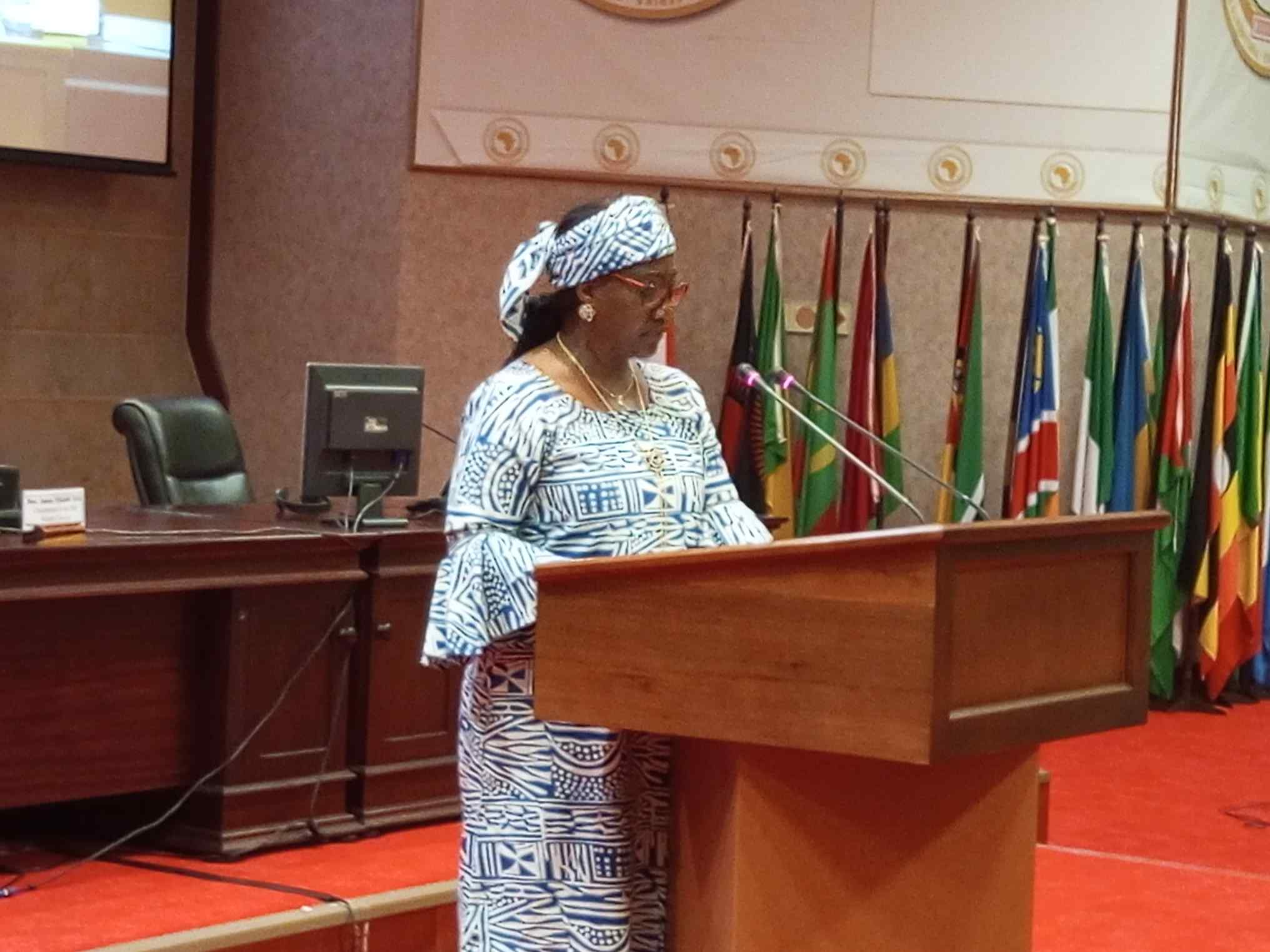|
Getting your Trinity Audio player ready...
|
By Abdelmonem Fawzi
Food gives us power and efficient energy, being a basic necessity of life. It contains nutrients — substances essential for the growth, repair, and maintenance of the body tissues and for the regulation of vital processes.
This was why hopes were pinned on the Africa Fertilizer and Soil Health Summit (AFSH), held in Nairobi, Kenya, recently to offer a comprehensive review of the state of soil health on the continent and the use of fertilizers.
The summit, an initiative of the African Union that was held under the theme ‘Listen to the Land’, sought to review the progress made on implementing previous pledges by African leaders to boost fertilizer use for agricultural growth in Africa.
Over 40 countries are still below the targeted 50 kg (nutrients) per hectare, set at the first AFSH which was held in Abuja, Nigeria, in 2006, with most averaging at 18 kg per hectare.
Discussions during the summit by various stakeholders emphasised the urgency of paying attention to the needs of the land in terms of soil nutrients; soil moisture; essential minerals, and soil organisms, as well as the impact of climate change, and adopting regenerative practices, policies and approaches that will improve the long-term value of land as a critical asset for farmers.
The stakeholders evaluated existing policies, programmes and institutional structures for effective soil management systems to improve and maintain soil fertility on the continent.
The summit convened at a time when millions of Africans across the continent face severe food and nutrition deficiencies, thus providing an opportunity for policy-makers, scientists, farmers, the private sector, development agencies, civil society organizations, non-governmental organizations, and scholars to reflect on long-term and the sustainable strategies of innovative avenues to feed Africa’s growing population.
The summit referred to previous key declarations and commitments by the heads of state and government to drive agricultural productivity to improve food and nutrition security, including the following:
The Maputo Declaration on Agriculture and Food Security in Africa was adopted in 2003, where member states committed to allocating at least 10% of national budgets for agriculture and rural development policy implementation by 2008.
The Abuja Declaration was adopted in 2006, which underscored the importance of increased fertilizer use to stimulate agricultural productivity growth to end hunger and poverty in Africa to realize the African Green Revolution.
The Malabo Declaration was adopted in 2014 where African leaders declared their commitment to ending hunger in Africa by 2025.
The good news is that the African Union Development Agency-NEPAD (AUDA-NEPAD) and the government of Norway have joined forces to launch a transformative partnership aimed at enhancing soil health for sustainable food systems across Africa.
The partnership marks a significant milestone in addressing the pressing issue of soil health on the continent.
This ambitious 3-year programme is designed to support AU member states in implementing the resolutions of the Africa Fertilizer and Soil Health Summit.
The initiative aims to leverage policy, practice, and research to effectively manage soil health and advance agricultural sustainability in Africa.
Estherine Lisinge-Fotabong, director of Agriculture, Food Security, and Environmental Sustainability at AUDA-NEPAD, highlighted the importance of the partnership in facilitating the naturalization of summit resolutions by AU member states.
She expressed gratitude to the government of Norway for its unwavering commitment to the African Agenda and longstanding partnership with AUDA-NEPAD.
Norwegian Minister of International Development, Anne Beathe Tvinnereim, underscored the significance of the partnership in implementing summit outcomes.
Highlighting Norway’s chairmanship of the Development Partners Coordination Group, she emphasized the importance of projects that yield tangible results.
“The partnership with AUDA-NEPAD is deemed critical in achieving meaningful impact on the ground, particularly in optimizing data and information for active monitoring and evaluation of policies and farming practices’ impact on soil health,” the minister said.
The launch of the partnership on the margins of the AFSH in Nairobi aligns with the summit’s focus on investing in healthy soils for healthy diets, healthy people, and a healthy planet.
Against the backdrop of a worsening climate crisis, the importance of healthy soils in increasing productivity, enhancing resilience, and reducing greenhouse gas emissions cannot be overstated.
Monitoring soil health is paramount to tracking progress and ensuring accountability to summit commitments.
As Lisinge-Fotabong emphasized, sustained support and innovative approaches are imperative for long-term investment in soil health restoration, despite the few immediate benefits.
AUDA-NEPAD and Norway look forward to realizing the transformative potential of their partnership in advancing soil health and sustainable food systems across Africa.
It remains to be said that soil is not just a substrate for plant growth. It is rather a complex ecosystem essential for sustaining plant growth vigour, regulating water dynamics, and sequestering carbon (Smith et al., 2020).
Recognizing soil as an important foundation for sustainable agriculture necessitates a shift towards practices that prioritize soil conservation, organic matter enrichment, and microbial diversity conservation.
For truly sustainable agriculture, we must move from spot improvements, such as synthetic fertilizers to ecosystem-wide improvements that primarily include enhancing soil health.
Soil health is a function of the complex interactions among soil organisms, organic matter, and plant roots, impacting nutrient availability, water retention, and ecosystem resilience.






